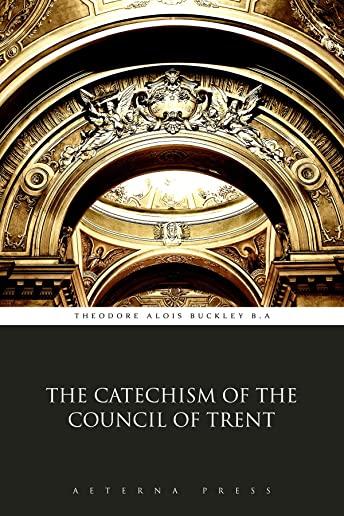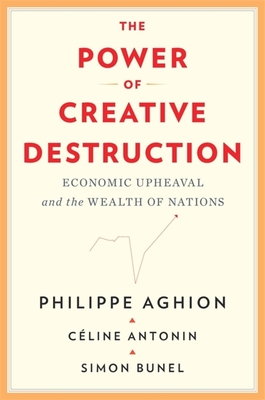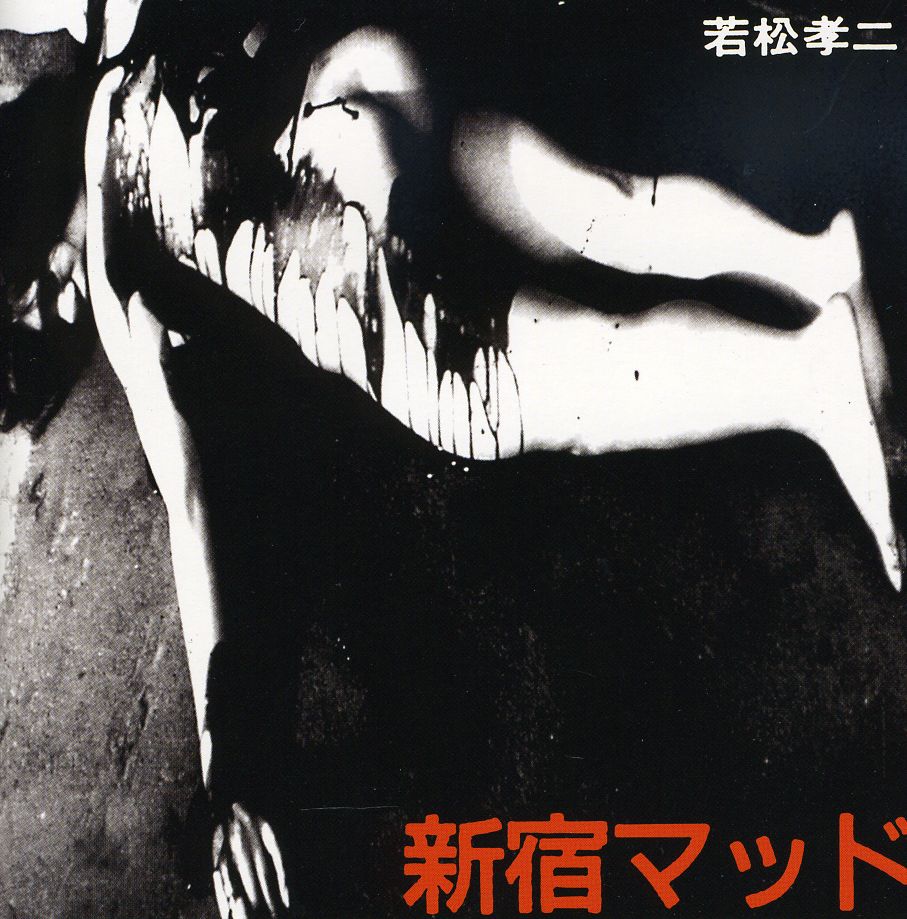
The Council of Trent clarified ambiguities that plagued the early Catholic church through the Middle Ages, including
- The precise number and nature of the sacraments
- The veneration of saints and relics,
- Purgatory,
- The authority of the pope, and
- The use of indulgences.
The "either/or" doctrines of the Protestant reformers-justification by faith alone, the authority of Scripture alone-were rejected in favour of a "both/and" doctrine of justification by both faith and works on the basis of the authority of both Scripture and tradition. Additionally, the Latin Vulgate Bible was reaffirmed against Protestant insistence upon the original Hebrew and Greek texts of Scripture.
In addition to its impact on Roman Catholic doctrine, the legislation of Trent also reformed the internal life and discipline of the church.
- Providing for the proper education of its future clergy in Catholic seminaries
- Requirements for the clergy, and especially the bishops, give more attention to the task of preaching.
- Financial abuses were brought under control, and
- Strict rules requiring the residency of bishops in their dioceses were established.
The council also established specific prescriptions about the form of the mass and liturgical music.







